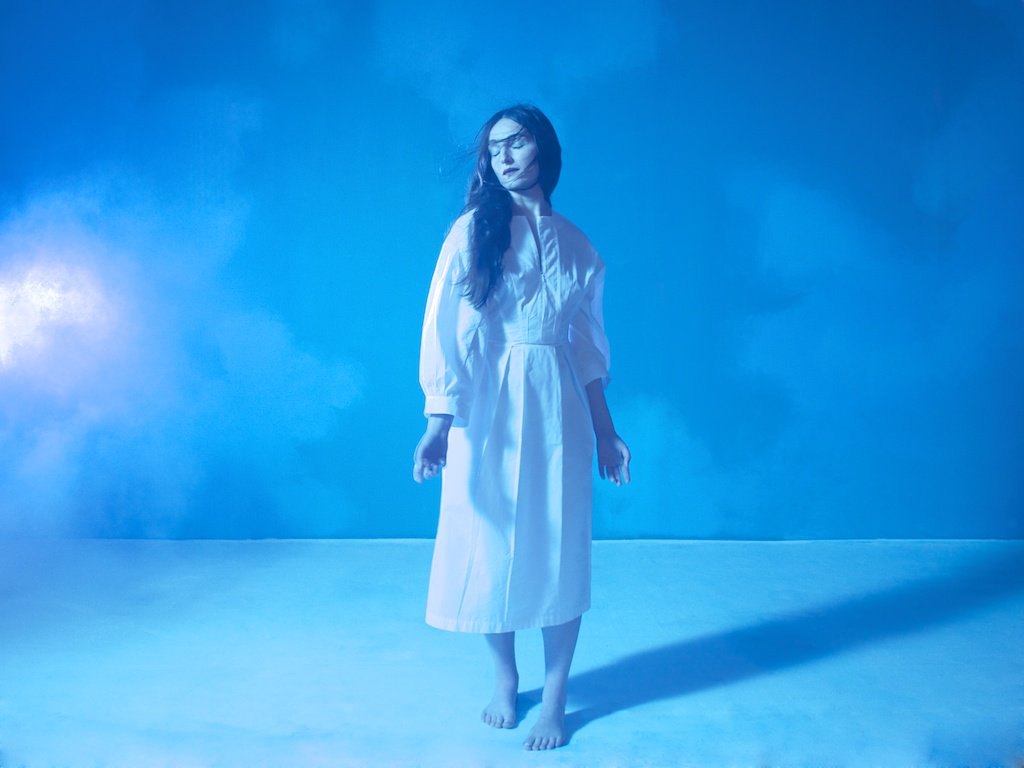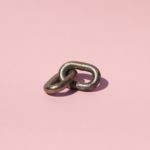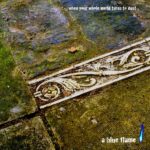Listening to artists from different countries is a bit like trying wine from new places, you never quite know what you are going to get but usually you are pleasantly surprised. That is definitely what could be said about this sparkling debut by Lithuanian born but London-based musician Johanna Glaza.
Wind Sculptures is a compellingly beautiful album and really its only criticism is that it sounds too much like a young Kate Bush. In that sense, the album seems like a stepping stone to somewhere else, the first leap off the edge.
The majority of Wind Sculptures tinkles like crystal in a frosty landscape, bloodied with the drops of red berries and untimely blossoms. The album opens with ‘Space Mermaid’, the lead single. It has the dreamy, surreal lyrics of someone who breathes ether not oxygen, ‘So we can learn to breathe under the snow.’ It is so difficult to avoid the Kate Bush comparison as everything from the sparse piano to the vocal range, sung light as helium, is here. Even the occasional broken delivery enhances the comparison, Glaza pronouncing ‘the’ as ‘thee’. She is ‘floating like a space mermaid in a broken sky’. You get the impression of someone hair permanently aloft as if being followed by a wind machine.
Throughout, the piano tinkles like raindrops. On ‘Wind Sculptures’ it is periodically joined by a tasteful smattering of drums and other instruments. Their accompaniment is so brief it is difficult to even register what they are. Johanna Glaza truly is someone who talks to fairies. This is most evident on ‘In The Shadow’ where the vocal quivers and quavers under a foreboding piano.
‘Million Years’ might as well have been recorded in a Victorian nursery with its Lolita-like vocal. Here ‘Time refuses to obey’. Everything is personified like when everything comes alive and emerges out of the sepia in Bagpuss.
That there is a sense of displacement about Wind Sculptures is probably not a surprise. It is as if Glaza is yearning for somewhere else – or her soul is at least. The album is riddled with imagery of flight and the need for escape. At least two of the tracks sound like birdsong. ‘Desires’ is a short cuckoo call whereas ‘Don’t Fall Don’t Break’, the concluding track, almost has Glaza disappearing into nothingness. She flies high, vanishes, dissolves into the air. And yet for all this, Glaza remains completely corporeal. Whilst nebulous at times, there is no doubting the substance of her talent. Nothing fanciful there.
Glaza is a genuine talent and Wind Sculptures is genuinely very beautiful. What is more exciting is what comes next because the second time is always so much more interesting…
Wind Sculpture is released on 29th September and is a self-release.




